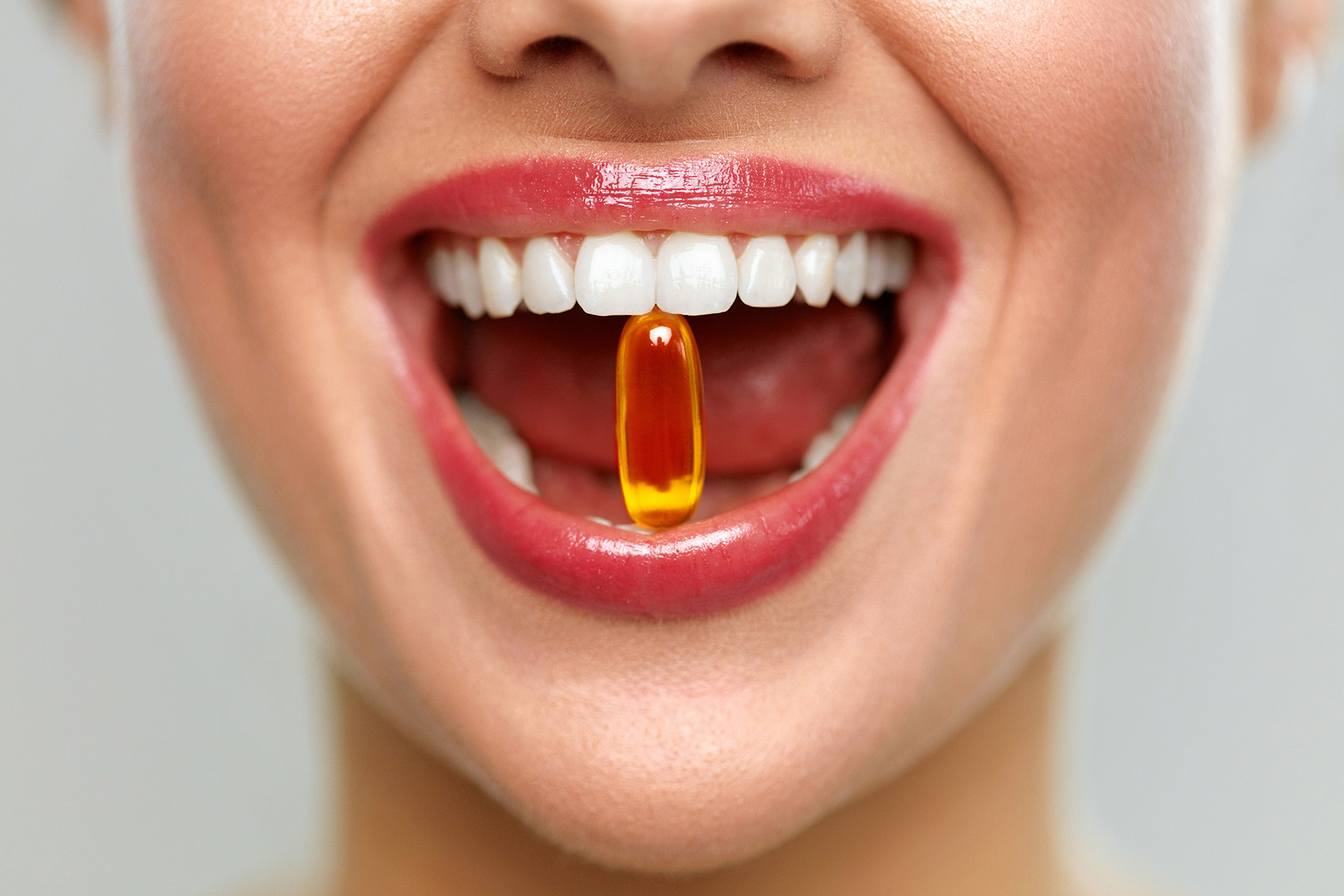Making Sense of Supplements

Do you take a dietary supplement? If so, you have plenty of company: nearly 86 percent of Americans, according to a 2018 Harris Poll commissioned by the American Osteopathic Association. But are all supplements safe? Not according to a recent review of US Food and Drug Administration warnings from 2007 through 2016.
A total of 776 over-the-counter and online-purchased dietary supplements contained unregulated and unapproved pharmaceutically active ingredients, according to the study’s investigators. Some of the ingredients are considered serious public health concerns. The problems tracked included reported adverse events or other consumer complaints.
Aren’t there regulations to keep us safe? Not in this case, says Jason Stevenson, a registered dietitian/nutritionist and board-certified sports dietitian with the University of Miami Health System.
There are no regulations for supplements. Wait, what?
“Dietary supplements — including vitamins, minerals and botanicals — are considered foods, not drugs,” he says. “They are not regulated because they are not intended to treat or prevent disease. That means they do not have to be studied or approved in advance by any health or government body.”
Congress defined “dietary supplement” in 1994 as part of the Dietary Supplement Health and Education Act (DSHEA). The Act defined supplements as “a product taken by mouth that contains a dietary ingredient intended to supplement the diet. The ingredients may include vitamins, minerals, herbs or other botanicals, amino acids, and substances such as enzymes, organ tissues, glandulars, and metabolites.”
Dietary supplements come in many forms: capsules, tablets, any type of gelcap, powders, liquids. If supplements are delivered through an edible solid, like a bar, a label must state that the product is not intended as food.
Which supplements were the primary culprits?
The researchers based their findings on an analysis of a FDA database. Products named in the database contained active ingredients not listed on their labels. Of these products, a total of 99% were either supplements marketed to improve sexual performance (46%), to help one lose weight (41%) or to help build muscle mass and strength (12%).
Overall, there are between 50,000 and 80,000 supplement labels on the market. A total of 776 tainted products in the study sample represent just 1% of these, says Stevenson. But even the small amount points to some serious issues and risks.
“If you are purchasing these types of supplements, you are at a greater risk than someone not buying products in those categories,” he says. “However, it was only a sampling study. Any supplement should be evaluated carefully before making it part of your routine.”
Other issues ripe for conversation and additional research, he says, are:
- The study’s authors could only look at reported adverse effects. It is highly likely that many people taking supplements for sexual performance, weight loss, and muscle building may not want to report things they experience. So this number could be much higher in reality.
- Nearly one-fifth of the worrisome supplements contained more than one unapproved ingredient.
- The packaging of supplements is also unregulated, and can potentially be BPA-unsafe. The plastics may contain harmful substances.
- Most supplement companies get their ingredients and raw materials from the same sources (major companies in those industries). There are often few manufacturers. If more study and regulation was tied to raw ingredient quality and amounts within products, it would help the end products be safer. Today it can vary greatly and is also unregulated.
What harm could occur?
Any unknown ingredients could have a negative interaction with one’s prescription drugs or a medical condition. For example, some supplements contain ingredients like sildenafil, the active drug in Viagra; and ephedrine, a stimulant that has been banned from diet pills since 2004. Anabolic steroids, or ingredients like them, were found in 73 of the muscle-building supplements.
A man with heart disease might be told by his doctor to steer clear of prescription drugs for erectile dysfunction. Such drugs could possibly negatively interact with other medications and cause his blood pressure to drop too low. If he instead turns to an over-the-counter supplement marketed as “all-natural,” the potential exists for a life-threatening reaction, according to Stevenson.
Supplement-safe advice
Stevenson says the best advice is to be more careful about any supplement purchase.
Supplements with a single ingredient are a safer bet. And common sense should rule: if something says it will dramatically improve something too easily, be wary.
There are many healthy supplements out there that do show benefits for individuals. They may not have secret trace ingredients in them.
Some companies in the supplement industry also partner with smaller healthcare providers to offer extra income opportunities. So even though you may see something at your dentist’s or chiropractor’s office, you should never assume it is a 100% safe supplement for you. Do the research.
“If you do consume supplements already, and have experienced a negative adverse reaction, it is important to report it,” says Stevenson. “You can help spare others from a similar risk.”
John Senall is a contributing writer for UMiami Health News. He is a former hospital and comprehensive cancer center communications director.
Tags: Jason Stevenson, supplements, vitamins
